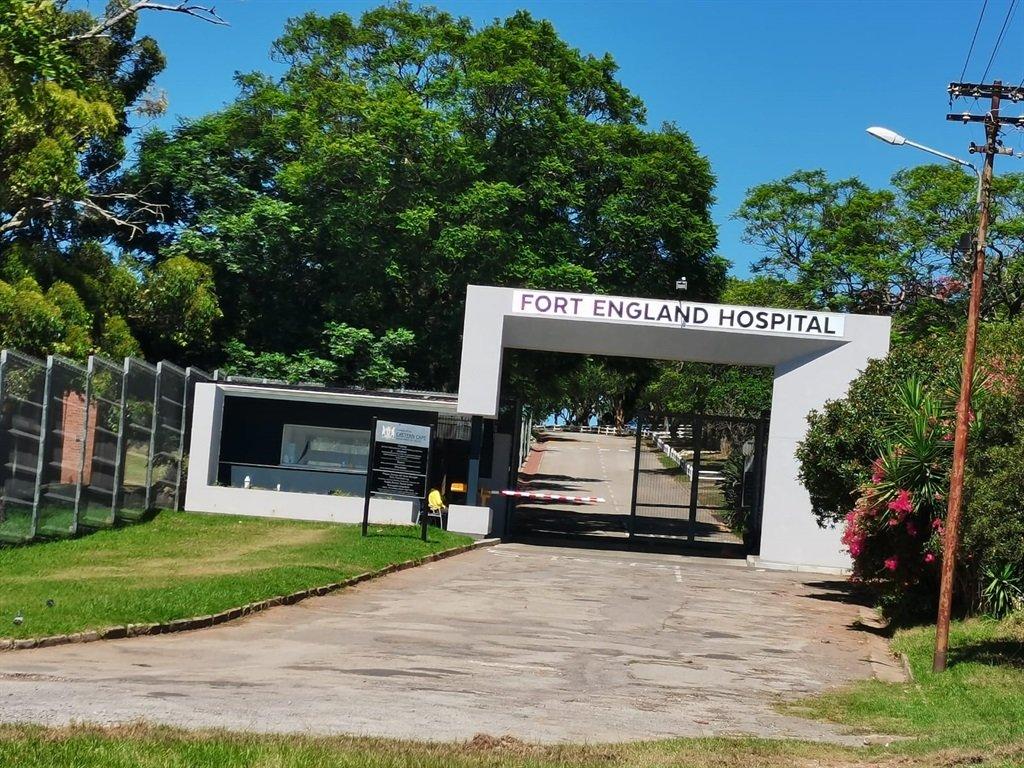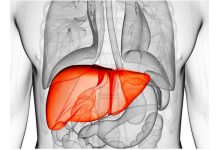Africa-Press – South-Africa. Eastern Cape Health MEC Nomakhosazana Meth unveiled a R29-million newly upgraded child and adolescent facility at Fort England Hospital in Makhanda.
The upgrade was part of World Mental Health Day and Mental Health Awareness Month.
The 14-bed ward will provide rehabilitative services for mentally impaired patients between the ages of 13 and 17.
It will render in-patient services for acute cases, as well as admit non-acute patients for diagnostic purposes.
The facility also has the potential to be a training institution for child psychiatrists, said the Eastern Cape health department.
World Mental Health Day was commemorated worldwide on 10 October, under the theme: Make mental health and well-being for all a global priority.
Meth said the fact that her department had marked World Mental Health Day three days later did not detract from its significance, because the unveiling fell within Mental Health Awareness month in South Africa.
Meth said the multimillion-rand state-of-the-art facility was the first Mental Health Child and Adolescent Unit compliant with the provisions of the Mental Health Act of 2002.
By November, the facility will be managing children who are mentally impaired and need proper examination, said Meth.
“This is part of the department’s continuous effort of improving the provision of acute and sub-acute services. This means our children with mental challenges will now have a facility that will specifically cater to them. This is a move in the right direction,” Meth said.
Meth said her department would hire 19 registered counsellors, who would work directly with residents to educate, support, and empower communities and families, to improve mental health outcomes.
The department would also improve hospital wards, to accommodate a 72-hour assessment for mental healthcare users, in 28 prioritised district hospitals over three years.
This was in addition to improving the provision of mental health dedicated facilities in regional and tertiary hospitals over that period, Meth said.
Meth said she was concerned that about 14% of the global burden of disease had been attributed to mental disorders, mostly due to the chronically disabling nature of depression and other common medical cases, including alcohol use and substance-use disorders and psychoses.
Experts estimated that, by 2030, the three leading burdens of disease worldwide would be HIV/AIDS, mental illness, particularly depression, and ischaemic heart disease, said Meth.
In South Africa, statistics show that mental illness is the third highest contributor to the burden of disease – 16.5% of South Africans suffer from a mental disorder in a given 12 months, and about 75% have not had the benefit of receiving treatment.
Meth said one of the biggest challenges faced by South Africa was the stigma associated with mental illness, especially in black communities.
“In some cases, because of a lack of knowledge, you get situations where people with mental problems do not get the help they desperately need because communities believe they have been bewitched. By not getting the help they need, their mental health deteriorates,” said Meth.
She called on the government, non-governmental organisations, the religious fraternity, traditional leaders, traditional health practitioners, businesses, and communities at large to demystify the myths around mental illness.
For More News And Analysis About South-Africa Follow Africa-Press






